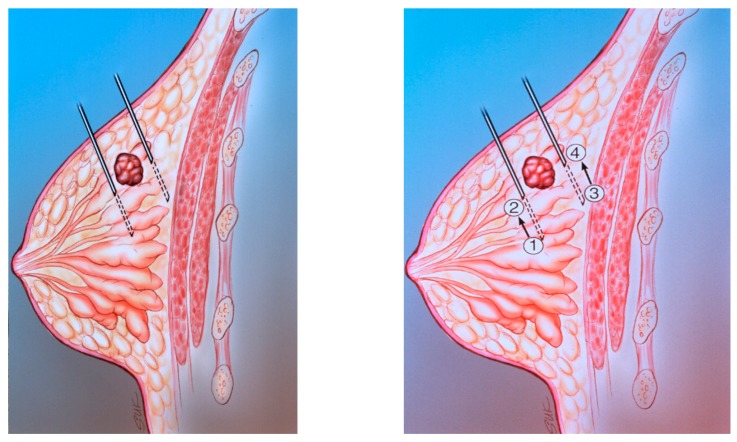Dengue Cases Surge 15% in Quezon City: 16 Fatalities Recorded Since January

MANILA – Dengue fever cases in Quezon City have surged by 15% in the past two weeks, with a total of 16 fatalities reported since January 2025, according to the latest data released by the Quezon City Epidemiology and Surveillance Division (QCESD). The alarming increase was documented in a report submitted to the Philippine News Agency on June 27, 2025.
Between June 13 and June 26, the city recorded 165 new dengue cases, a notable rise from the 143 cases reported from May 30 to June 12. The daily average of new cases also increased, moving from 10 to 12 during this timeframe. Cumulatively, from January 1 to June 26, a total of 5,399 dengue cases have been reported in Quezon City, with District 2 suffering the highest burden, accounting for 1,531 cases, or approximately 28% of the total.
The QCESD's data indicated that among the 16 fatalities, the majority involved children and young women. Twelve of the deceased were females aged between nine months and 35 years. The 11-20 age group was particularly affected, with six deaths recorded. The fatalities were concentrated in several areas, including Bagong Silangan, Batasan Hills, Commonwealth, Fairview, Payatas B, and Tandang Sora.
Notably, 46% of all dengue cases exhibited warning signs such as severe abdominal pain, bleeding from the nose or gums, and persistent vomiting, as well as extreme thirst and paleness. This data underscores the critical need for immediate medical consultation at the onset of symptoms, such as fever and abdominal discomfort.
In response to the rising dengue cases, the city government has reiterated its commitment to public health, urging residents to seek medical assistance promptly and to utilize free dengue testing and consultations available at all city health centers. Furthermore, ongoing initiatives include regular search-and-destroy operations targeting potential mosquito breeding sites. Residents are advised to secure water containers tightly and to apply mosquito repellents and wear protective clothing.
As the city grapples with this health crisis, the QCESD continues to disseminate information regarding the dengue situation through its official Facebook page and hotlines (02) 8703-2759, 0962-2747107, and (02) 8988-4242, local 1609.
This recent spike in dengue cases is part of a broader public health challenge faced by the Philippines, where the Department of Health (DOH) has previously indicated that the overall dengue situation remains manageable despite regional surges. Experts believe that proactive community engagement and public health interventions are critical to mitigating the impact of dengue outbreaks in the future. For instance, Dr. Maria Luisa Santos, an epidemiologist at the University of the Philippines, emphasized the importance of community awareness and preventive measures in controlling dengue outbreaks, stating, "Public participation is vital in combating the spread of dengue."
The implications of these increasing cases extend beyond immediate health concerns, potentially affecting economic productivity as sick residents may need to take time off work. Additionally, the social burden of dealing with illness can strain families and communities, particularly in areas where healthcare access is limited.
In summary, as Quezon City faces a significant uptick in dengue fever cases, public health authorities are urging prompt action to combat this health crisis. The importance of community engagement, education, and access to healthcare services will be crucial in managing and ultimately reducing the dengue burden in the region. Continuous monitoring and proactive measures will be essential as the city moves forward in addressing this ongoing public health challenge.
Advertisement
Tags
Advertisement





